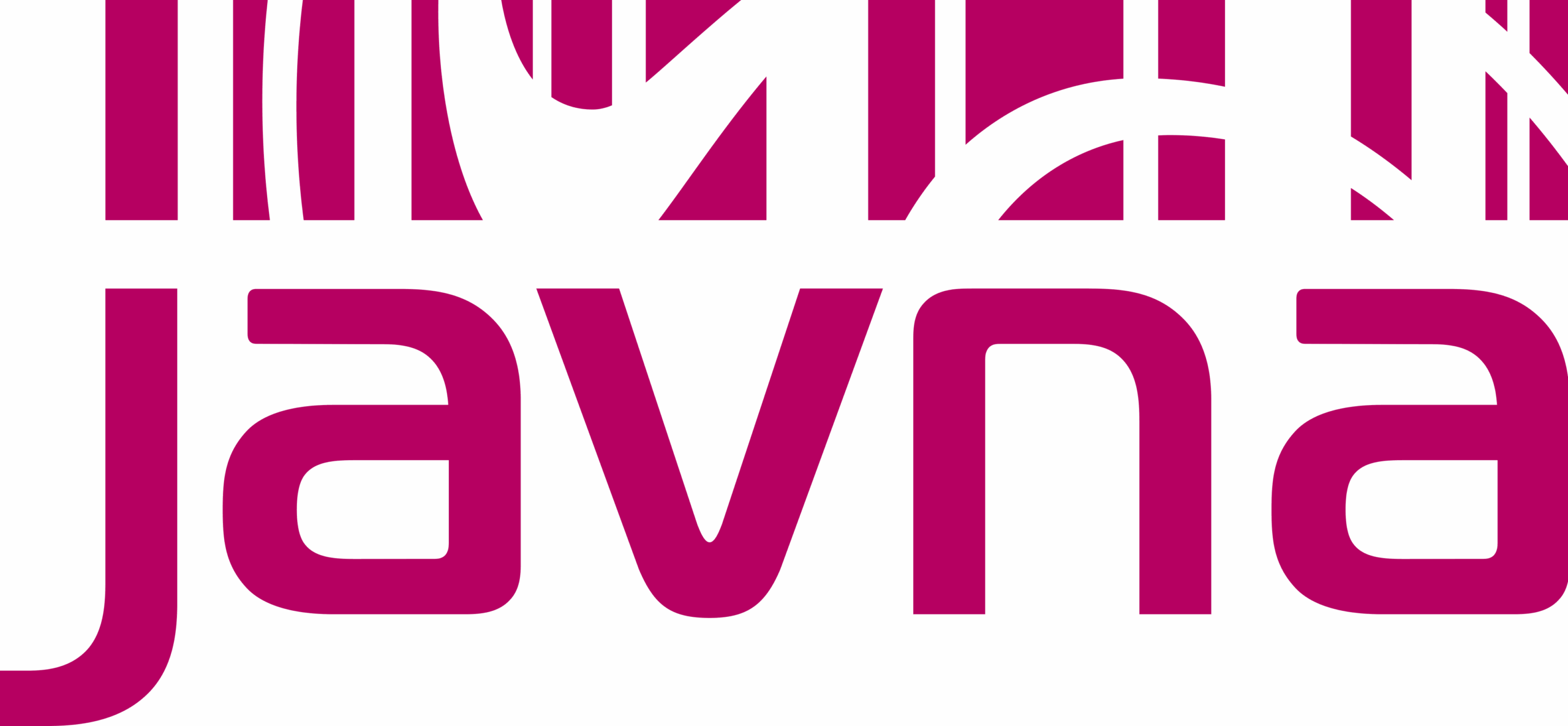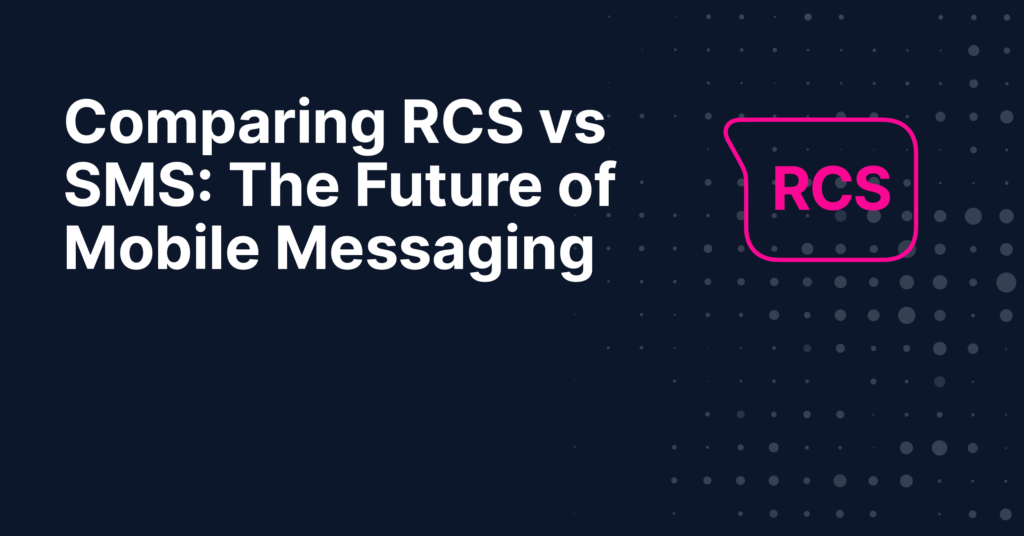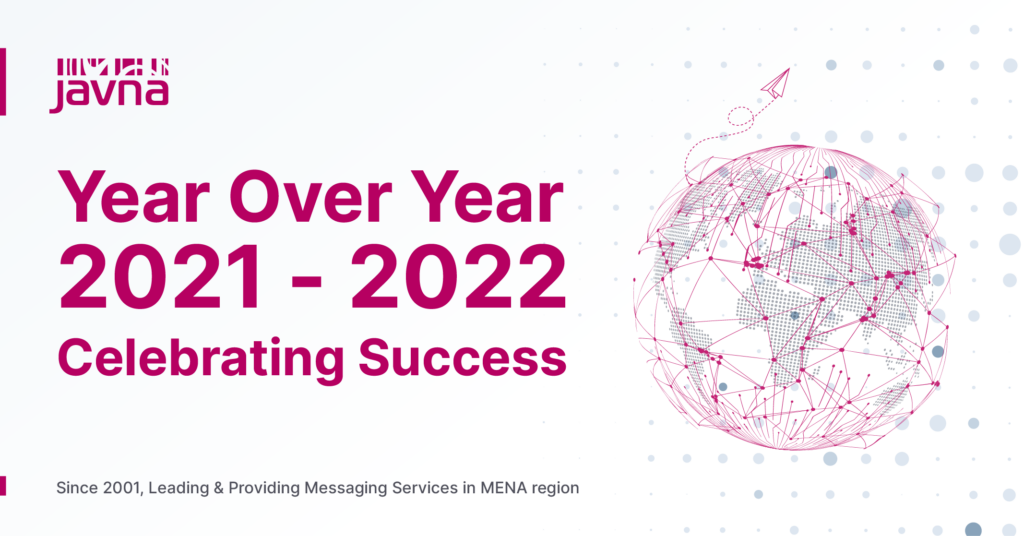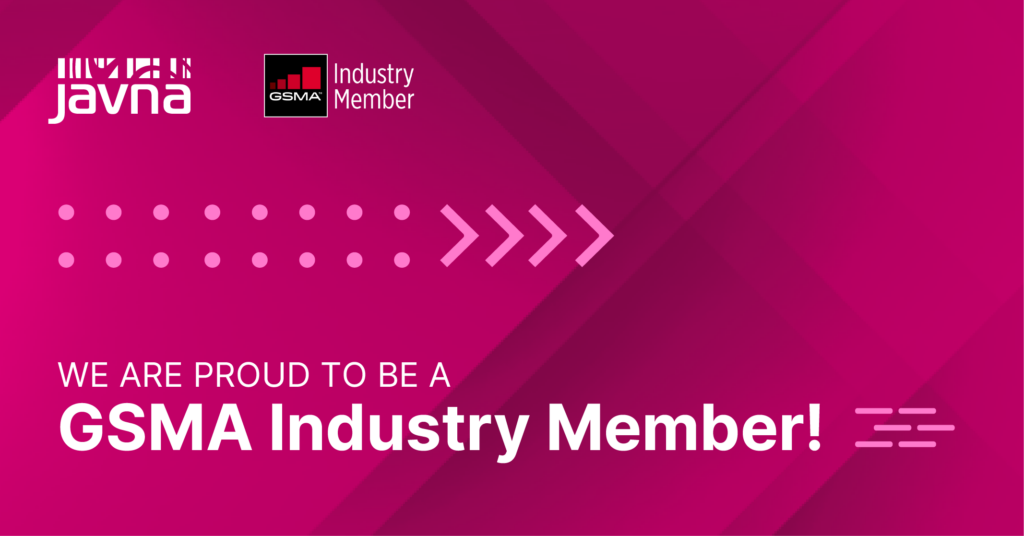“RCS vs SMS: Shaping the Future of Messaging” delves into the intricate dynamics between Rich Communication Services (RCS) and Short Message Service (SMS), offering you a deep dive into their roles, differences, and potential to redefine mobile communication. Through this article, we explore each service’s unique advantages, user preferences, technological advancements, and the implications for future messaging trends. As we examine how RCS aims to enhance the messaging experience with rich media and interactive features, compared to the simplicity and universality of SMS, you will gain valuable insights into how these platforms could evolve and intersect in the broader context of digital communication strategies.
1. What is SMS?
Short Message Service (SMS) is a text messaging service component of most telephone, internet, and mobile-device systems. It uses standardized communication protocols to enable mobile devices to exchange short text messages.
-
Key Features and Limitations:
- Character Limit: SMS messages are limited to 160 characters.
- Universality: Works on all mobile phones without the need for an internet connection.
- Instant Delivery: Messages are sent in real-time.
- Simplicity: Provides a straightforward way of communication without the need for additional applications.
- No Multimedia: Cannot include multimedia content like images or videos directly in messages.
- Reliability: High delivery success rate but can be delayed or lost due to network issues.
- Cost: May incur charges depending on the carrier and plan.
SMS’s simplicity and wide reach have made it a staple in personal and business communication. Javna stands at the forefront of this solution, integrating SMS capabilities to empower clients with advanced communication tools, ensuring they stay ahead in the digital communication space.
2. What is RCS?
Rich Communication Services (RCS) is the evolution of traditional SMS messaging, aiming to provide a richer, more interactive communication experience. RCS introduces advanced messaging capabilities such as high-resolution photo sharing, video calling, and group messaging within a standard messaging framework for mobile devices.
-
Key Features and Advancements:
- Rich Media Sharing: Unlike SMS, RCS allows users to send and receive high-resolution images, videos, and GIFs.
- Enhanced Group Chat: Offers more sophisticated group chat capabilities, including group chat naming, adding or removing participants, and reading receipts.
- Read Receipts and Typing Indicators: Users can see when their message has been read and when someone is typing a response.
- Location Sharing: Enables real-time location sharing with contacts.
- Contact Richness: Allows sharing of contacts in a more detailed and enriched format.
- Cross-Device Messaging: Supports messaging across multiple devices, ensuring seamless communication.
RCS messaging represents a significant leap forward, providing a platform for more immersive and interactive communication. With these advancements, RCS aims to bring a unified and consistent messaging experience across all devices, rivaling the functionalities found in popular third-party messaging apps.
3. Comparative Analysis: RCS vs. SMS
The following table succinctly captures the primary differences between SMS and RCS:
| Feature | SMS | RCS |
| Content Types Supported | Text only | Text, high-resolution images, videos, GIFs |
| Message Length and Size Limitations | 160 characters per message | No inherent limit; supports larger file sizes |
| Usage Scenarios and Applications | Text communications, OTPs, notifications | Engaging customer service, rich media marketing, interactive notifications |
| Compatibility with Devices and Networks | Universal | Requires carrier and device support |
| Security | Basic, susceptible to interception | Enhanced, with end-to-end encryption options |
| Interactivity and Engagement | Limited | High, with actionable content within messages |
| Cost to Users | Charges may apply or included in plans | Data charges may apply; often included in plans |
In summary, RCS represents a significant advancement over SMS, offering features that enable more interactive, engaging, and secure communication. However, SMS continues to hold value due to its universal reach and reliability, especially in scenarios requiring broad compatibility and simplicity. Especially when leveraging services from a reliable and professional provider like Javna, which enhances the robustness and effectiveness of SMS communications.
4. Benefits of RCS Over SMS
Rich Communication Services (RCS) presents a transformative leap beyond traditional SMS, marking a new era in the realm of mobile messaging. This evolution introduces a suite of enhanced capabilities designed to meet the dynamic needs of today’s communication:
-
- Multimedia Support: RCS transcends the text-only format of SMS, enabling the sharing of high-resolution images, videos, and gifs directly within the messaging interface, enriching user interactions.
- Read Receipts and Typing Indicators: Offering features similar to those found in instant messaging applications, RCS provides real-time feedback such as read receipts and typing indicators, fostering a more engaging and responsive communication experience.
- Advanced Group Chat: With RCS, group chats are more manageable and feature-rich, supporting functionalities like adding or removing participants and naming groups, which are not available in traditional SMS.
- Branding and Rich Media: RCS allows businesses to enhance their messaging with branding elements, rich media, and interactive components like suggested replies or actions, elevating the customer experience significantly.
- Improved Security: Incorporating enhanced security features, RCS ensures that messages are encrypted, providing a safer environment for sensitive information exchange.
- Universal Reach: While retaining the broad accessibility of SMS, RCS aims to establish a universal profile ensuring compatibility across devices and networks, aspiring to create a cohesive messaging ecosystem.
As RCS continues to gain traction, its adoption across various sectors is anticipated to revolutionize how businesses and consumers interact, offering a richer, more interactive messaging platform.
5. Use Cases for RCS in business
For businesses looking to enhance customer engagement, RCS (Rich Communication Services) offers a suite of advanced messaging features that can significantly elevate the user experience compared to traditional SMS. Here’s how RCS can benefit specific sectors:
-
-
Retail and E-commerce
- Personalized Displays: Showcases products with rich media, improving interaction.
- Quick Customer Support: Uses suggested replies for faster service resolution.
-
Banking and Finance
- Secure Interactions: Enables secure banking actions and alerts through messaging.
- Engagement Boosts: Sends personalized financial updates and services information.
-
Travel and Hospitality
-
-
-
- Efficient Booking Information: Delivers bookings and updates with rich content.
- Elevated Customer Service: Offers upgrades and instant support through interactive messages.
-
RCS enhances customer communication with rich media, interactive features, and personalized services, making it an essential tool for modern business strategies.
6. User Preferences and Market Trends
For trade industries, selecting the optimal customer communication platform is crucial. While SMS offers nearly universal reach and reliability, its basic format lacks engagement features. RCS, with its interactive visuals, rich media, and two-way communication, emerges as a competitor, but faces limitations in carrier and device adoption. So, where do user preferences and market trends lie?
The landscape is multifaceted. A 2023 study by cxtrends Zendesk reveals that 83% of customers use messaging apps to contact a business to learn about products, and 75% of them actually go on to make the purchase, highlighting a shift towards richer communication experiences. However, a 2023 report by (Attentive Mobile Consumer Report) finds that SMS retains a strong foothold, Over 91% of customers want to get SMS messages from businesses.
Ultimately, the choice between RCS and SMS hinges on specific needs and target audiences. Businesses must weigh the wider reach of SMS against the richer engagement potential of RCS. As RCS adoption expands, expect dynamic competition, with the winning platform determined by its ability to address industry-specific needs and deliver exceptional customer experiences.
7. Conclusion
In conclusion, the comparison between Rich Communication Services (RCS) and Short Message Service (SMS) underscores a significant shift in mobile messaging. While SMS has been foundational in facilitating basic text communication, RCS emerges as a robust platform offering enhanced features like rich media, read receipts, and better encryption, promising a more interactive and secure user experience. Despite RCS’s advantages, SMS retains its relevance due to its unparalleled reach and reliability, particularly in areas with limited internet access. As the digital landscape evolves, the integration of RCS could redefine mobile communication, blending the simplicity of SMS with the richness of modern messaging apps. Businesses and consumers alike stand to benefit from the advancements in RCS, making it an exciting future for mobile messaging.
8. FAQs about RCS vs SMS
-
Is RCS better than SMS?
RCS (Rich Communication Services) offers more advanced features compared to SMS (Short Message Service), such as high-resolution photo sharing, group messaging, and read receipts, enhancing the user experience. However, SMS remains universally accessible and reliable across all devices and networks. The choice between RCS and SMS depends on the specific communication needs and technological infrastructure available to users.
-
Will RCS replace SMS?
RCS (Rich Communication Services) is positioned to complement rather than replace SMS (Short Message Service) due to its advanced messaging features. While RCS offers a richer, app-like experience with enhanced capabilities, SMS’s universal compatibility ensures its continued relevance. The adoption of RCS is growing, but SMS remains a critical communication tool, especially in areas with limited data services or older mobile devices.
-
Is RCS good or bad?
RCS (Rich Communication Services) is generally viewed as a positive advancement in mobile messaging, offering enhanced features like high-resolution media sharing, read receipts, and typing indicators. It provides a more interactive and engaging user experience compared to traditional SMS. However, its success and perception can depend on factors like implementation, user adoption, and privacy considerations. Overall, RCS represents a significant step forward in improving mobile communication.
-
Is RCS chat safe?
RCS chat aims to be safer than traditional SMS due to its enhanced security features, including end-to-end encryption in some implementations. This encryption ensures that only the communicating users can read the messages, protecting against interception and unauthorized access. However, the security level can vary depending on the specific RCS implementation and the network provider’s protocols. As with any communication platform, users should remain cautious and follow best practices for digital security.
-
Is RCS better than WhatsApp?
RCS (Rich Communication Services) and WhatsApp offer different benefits. RCS provides a more integrated experience for mobile network users, potentially offering better compatibility with carrier services and improving SMS with rich media, without needing an app. WhatsApp, on the other hand, offers end-to-end encryption, a wide range of features including voice and video calls, and a global user base. The choice between RCS and WhatsApp depends on user needs, privacy concerns, and platform availability.



